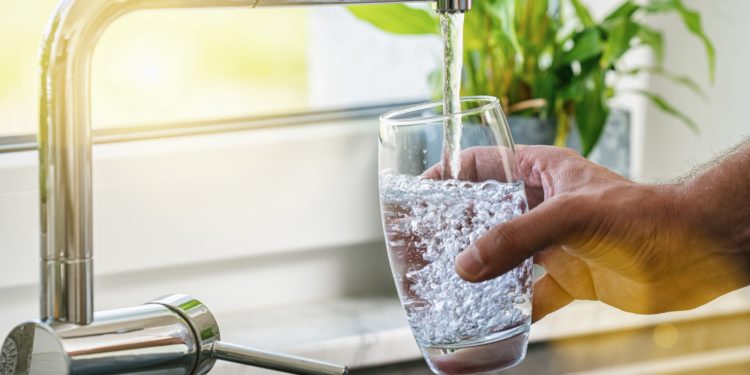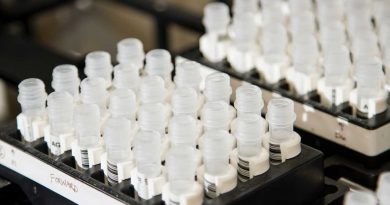Urinary stone disease in the summer is clear: What you can do about it – Naturopathy naturopathy specialist portal
Heat: In the summer, the number of urinary stone disease is increasing
According to experts, the number of urinary stone diseases has in recent years increased significantly. Especially in the hot summer months, an increase in the number of cases is detected. The spectrum of possible complaints, ranging from mild pain up to the most painful renal colic. To prevent this, it is especially important to drink a lot.

As the German society for urology (DGU), writes in a recent communication, the summer heat in front of the door, and hence the seasonal incidence of urinary stone disease. Because of high temperatures, increased sweating and inadequate drinking lot of favor as a “summer disease urinary stones”, a well-known phenomenon.
Various risk factors for the formation of urinary stones
Urinary stone diseases are now among the so-called people’s diseases. According to the DGU frequency of urinary stone disease has increased in recent years in the Western industrial countries. More and more German suffering stones in the urine.
As a result of the increasing frequency in this country and other Western industrial countries, increasing Obesity and changes in life circumstances. Unhealthy eating habits, low in fiber, and insufficient movement to promote the risk.
To Diabetes is a relevant risk factor for the formation of urinary stones that can be found in the entire urinary tract and, depending on the location as kidney stones, ureteral stones and bladder stones are referred to.
Men are affected more often than women
“Urinary stone diseases are the most common reason for a urological emergency briefing. Roughly every tenth German is at least make once in his life a stone,“ explains Prof. Dr. Thomas Knoll of the DGU.
According to him, men are affected more often than women, although the difference in the world is low. The peak age spent according to the expert, in the fifth and sixth decade of life.
“In children, stone disease is very rare and usually genetically determined. In Adolescents, however, observe an increasing frequency, probably due to obesity and other known risk factors,“ says Prof. Knoll.
Often no or only nonspecific symptoms
And as the urinary stone expresses suffering? According to the DGU kidney stones often show no or only nonspecific symptoms, such as, for example, a slight Pull in the flank.
However, in the case of a ureter stone, it mostly comes to the typical colic. This is sudden, violent pain, which can typically use way interval-like and also lessen.
Depending on the localization of the stone in the ureter, the pain occurs in the flank, groin, the lower abdomen or in the area of the testicle or labia.
Often, a significant urinary occurs at the same time urge . The urine color is from blood in red.
If a Urinary tract infection is present, it can Burn the water, to come and possibly a fever.
Smaller stones can spontaneously self-excreted
As it says in the message, can be eliminated, smaller stones, with medical support and adequate fluid intake spontaneously.
The interventional therapies of larger kidney and ureter stones are made today, in virtually all cases without open-cut operations, but in a minimally invasive manner.
The spectrum ranges here from the disintegration of stones by sound waves from the outside, the so-called extracorporeal shock wave lithotripsy (ESWL), to the endoscopic procedure of key hole surgery.
General Prevention Measures
The DGU explained in a patient-Information what to do, so it comes to urinary stone disease.
Important to increase fluid intake: 2,5 – 3 liters per day should be evenly spread over the day drinking is especially.
A balanced diet contributes to the prevention. The professionals recommend::
- Reduction of oxalate intake (spinach, rhubarb, chard, cocoa, nuts)
- Reduction of protein (meat, sausages) to 0.8 g/kg of body weight
- Reduction of salt intake to max. 6 g per day
- Normal calcium intake (approximately 1 g per day): No avoidance of dairy products
- Adjustment of the urine pH to 6.5 – 7.0 from: bicarbonate-rich mineral water, citrus juices, fruits, vegetables, salad
Furthermore, it is advised to take a regular Sport and a “normalization of weight”. (ad)



